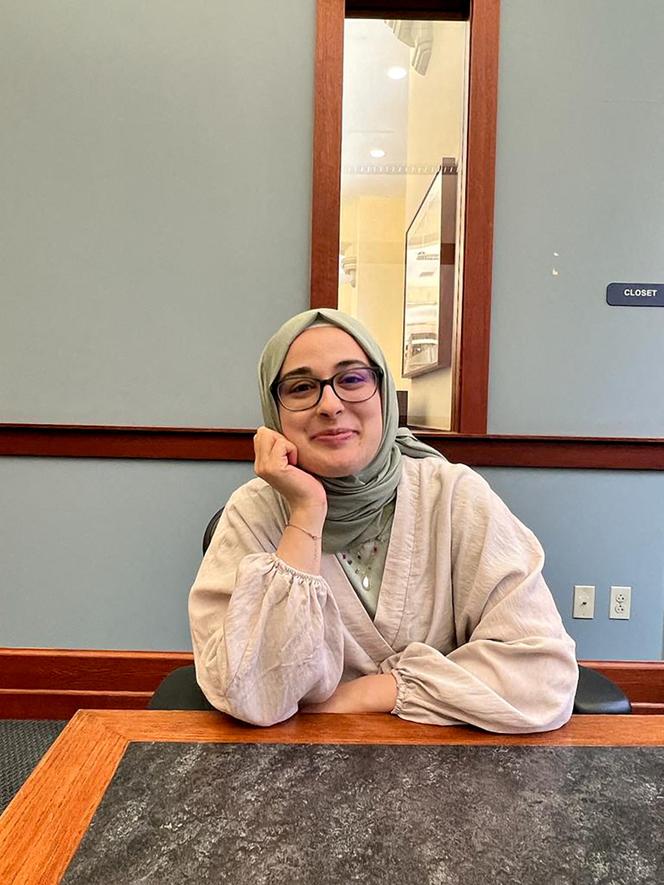


On Friday, May 9, US District Judge William Sessions of Burlington, Vermont released Turkish Tufts University student Rumeysa Ozturk, who had been detained in a Louisiana immigration center more than six weeks after she was arrested while walking along a street in a Boston suburb. A final decision on her claim that she’s been illegally detained following an op-ed she co-wrote last year that criticized Tuft's response to Israel’s war in Gaza is pending. Ozturk's immigration proceedings in Louisiana also will continue separately.
Ozturk detailed her growing asthma attacks in detention and her desire to finish her doctorate degree focusing on children and social media while appearing remotely at her bail hearing from the Louisiana center. She and her lawyer hugged after hearing the judge's decision on Friday. "Completing my Ph.D. is very important to me," she testified.
Lawyers for Ozturk, 30, said her detention violates her constitutional rights, including free speech and due process. Ozturk was to be released on her own recognizance with no travel restrictions, Sessions said. He said she is not a danger to the community or a flight risk. The idea is for her to try to reintegrate into her community "after what has been a very traumatic event and incident," Sessions said, adding, "This is a woman who is just totally committed to her academic career." He said the government has not offered any additional evidence.
Ozturk has raised serious concerns about her First Amendment and due process rights, as well as her health. On Friday, she said that the first of 12 asthma attacks came on at the Atlanta airport while she was waiting to be taken to Louisiana. The attack was severe, and she did not have all her medications. A doctor who spoke with Ozturk said her condition could worsen if she is left in detention and could require emergency care.
Ozturk was one of four students who wrote an op-ed in the campus newspaper, The Tufts Daily, last year criticizing the university’s response to student activists demanding that Tufts "acknowledge the Palestinian genocide," disclose its investments and divest from companies with ties to Israel. Ozturk said Friday that if she is released, Tufts would offer her housing and her lawyers and friends would drive her to future court hearings. "I will follow all the rules," she said. A State Department memo said Ozturk’s visa was revoked following an assessment that her actions "may undermine US foreign policy by creating a hostile environment for Jewish students and indicating support for a designated terrorist organization."
"When did speaking up against oppression become a crime? When did speaking up against genocide become something to be imprisoned for?" said Mahsa Khanbabai, one of Ozturk’s attorneys.
